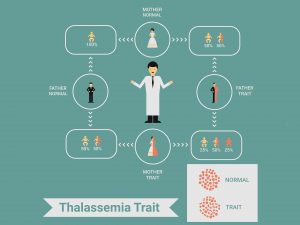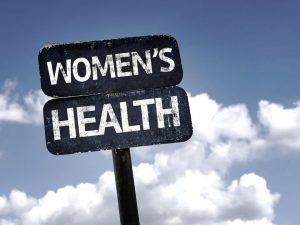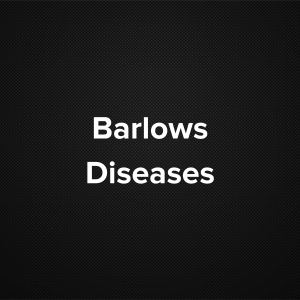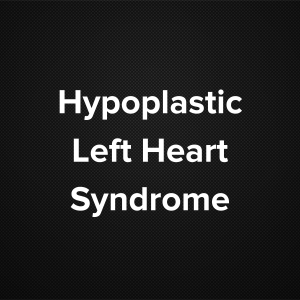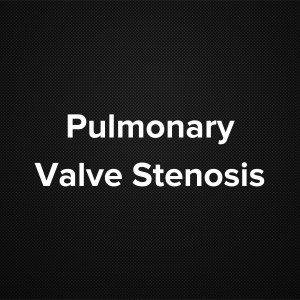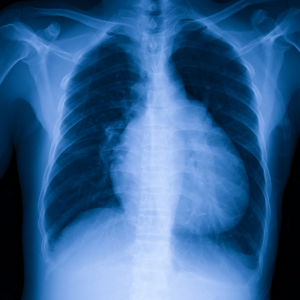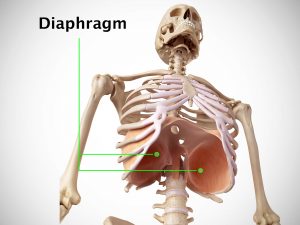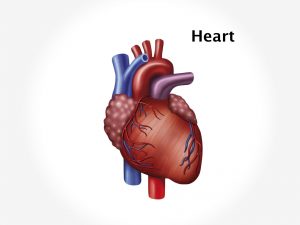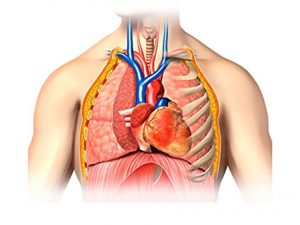Heart health Q and A Dr. Prafulla Kerkar
With every passing day, there are more people falling prey to heart related ailments. Modern day stress and lifestyle habits are taking a toll on people’s heart. Find out ways one can recognize a problem and ways to overcome them. All is not lost if the right measures are taken.

Age for testing your heat health
Question: At what age should one start getting routinely investigated for heart disease and how often should the investigations be repeated, what tests should these routine investigations include? Answer: As such there are different cardiac diseases and the investigations vary on the clinical suspicion for the particular disease. For the most common, ischemic heart disease screening is recommended at the age of 40 years. For individuals with a strong family history it could be earlier, say 30-35 years. Tests include clinical examination, i.e., pulse, blood pressure, ECG, laboratory tests such as random blood sugar, lipid profile, and urine examination. Those with high risk characteristics require further workup in the form of renal function test, thyroid function test, cardiac stress test, echocardiography, etc.

Hereditary
Question: Is heart disease hereditary? If no one in family has had heart disease, can a person still suffer from it? Answer: Heart disease as well the risk factors for heart disease are both hereditary and acquired. Hereditary factors like history of diabetes,HTN, and ischemic heart disease (IHD) predisposes an individual to early occurrence of heart disease. Similarly even if one does not have a family history of IHD,it does not mean he/she is protected from IHD, as environmental and lifestyle factors like obesity, sedentary lifestyle, diet, and stress can predispose one to IHD.

Chest pain – Heart or other causes?
Question: How can one differentiate heart related chest pain from chest pain due to other causes? Answer: The classic presentation is that of heavy chest pressure or squeezing, a burning sensation or difficulty in breathing, the discomfort often is also felt in the left shoulder, neck, jaw, or arm. It typically becomes severe over a period of few minutes. It may begin with exercise or stress, but most commonly it is not associated with any precipitating factors. Though atypical presentations of coronary events are known– chest pain that is sharp, knife-like, which increases with deep inspiration; pain localised to a small area; constant, mild intensity, dull aching pain over hours; or episodes of fleeting pain lasting for a few seconds are usually non-cardiac in origin.

Alcohol consumption
Question: Can drinking alcohol actually be beneficial to heart? Answer: With alcohol, the difference between daily intake of small quantities and large quantities may be the difference between preventing and causing heart disease. Moderate alcohol consumption,especially red wine, defined as 1-2 drinks per day, could be beneficial and cardio-protective. But the problem with alcohol is addiction and hence caution is recommended. It must be remembered that excessive alcohol drinking is the commonest preventable cause of high BP.

Smoking
Question: In what manner is smoking related to heart disease? Answer: Smoking almost doubles the incidence of IHD and increases mortality associated with cardiovascular disease by 50% and this increases with age, number of cigarettes, and female gender.

Men vs women for heart diseases
Question: Are women protected against heart disease due to hormone estrogen? Do birth control pills increase the risk of heart disease in women? Answer: Observational studies have shown that estrogen protects females from atherosclerosis due to its positive effect on lipid metabolism leading to increase in HDL (good cholesterol) and decrease in LDL (bad cholesterol). However, same is not true for estrogen which is prescribed for treatment. Estrogen in oral contraceptive pills is known to increase the risk of venous thrombosis, atherosclerosis, and hypertension, particularly in females who are older than 40 years and those who smoke.
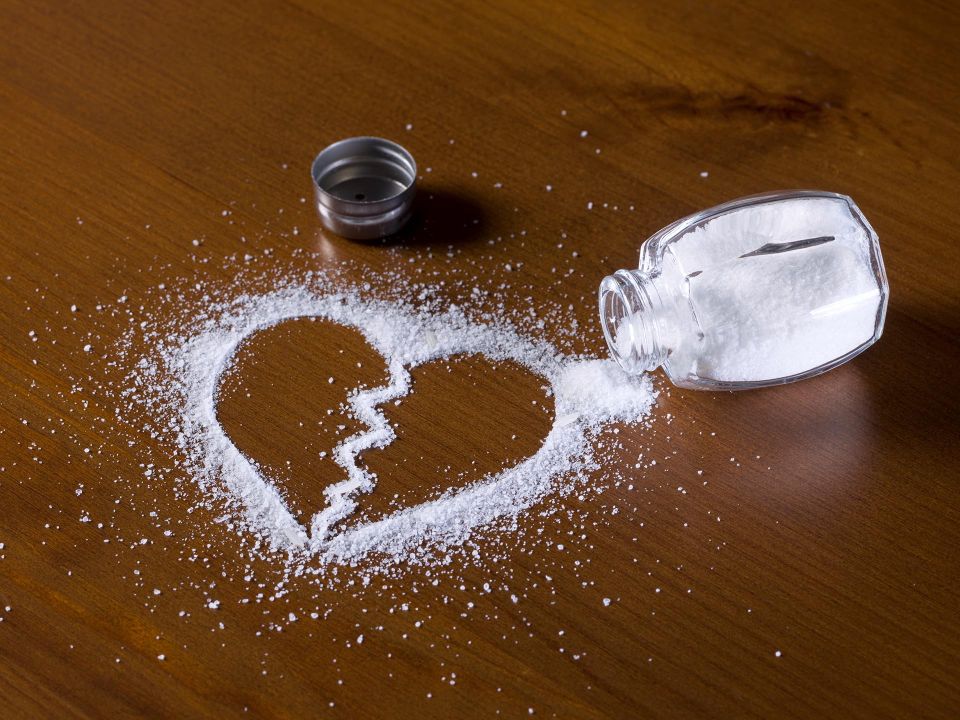
Salt
Question: How much salt intake is safe in cardiac /heart patients? Answer: Large meta-analysis have proven that small reduction in salt intake(1.8 gm/day) can reduce SBP up to 5mm of Hg. Recommended daily salt intake is less than 4 gm/day. In other words, added salts and higher salt containing preparations like pickles and papads should be avoided.
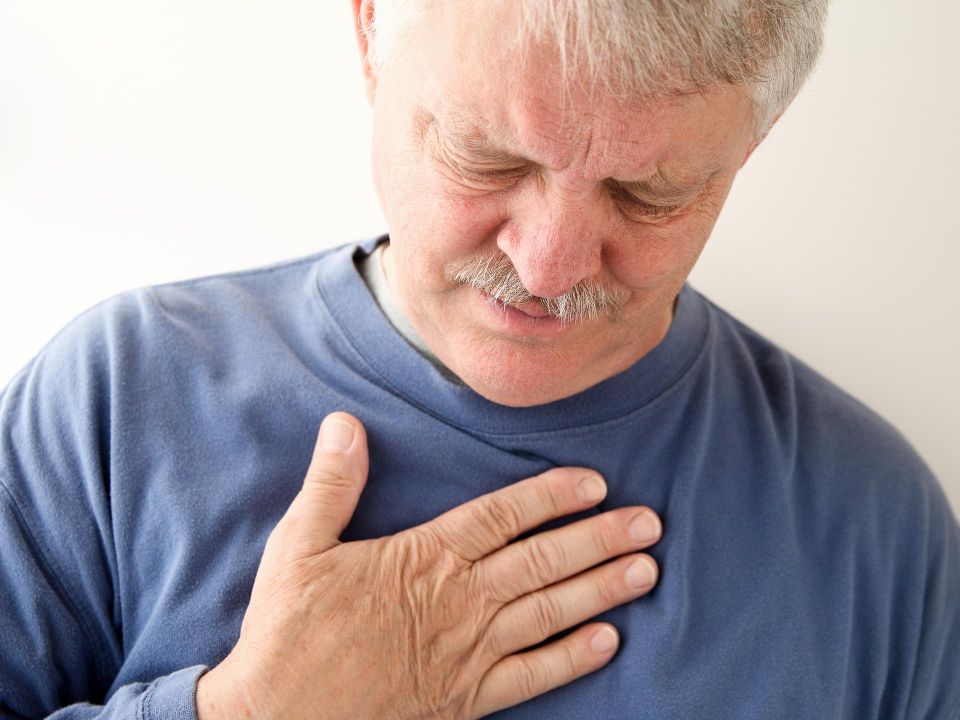
Mild chest pain
Question: Is mild chest pain normal after a heart attack? Answer: Yes. Mild residual pain may persist for several hours after a heart attack, but chest pain which persistsupto 2 weeks after a heart attack is termed as post-infarct angina and it should be investigated.
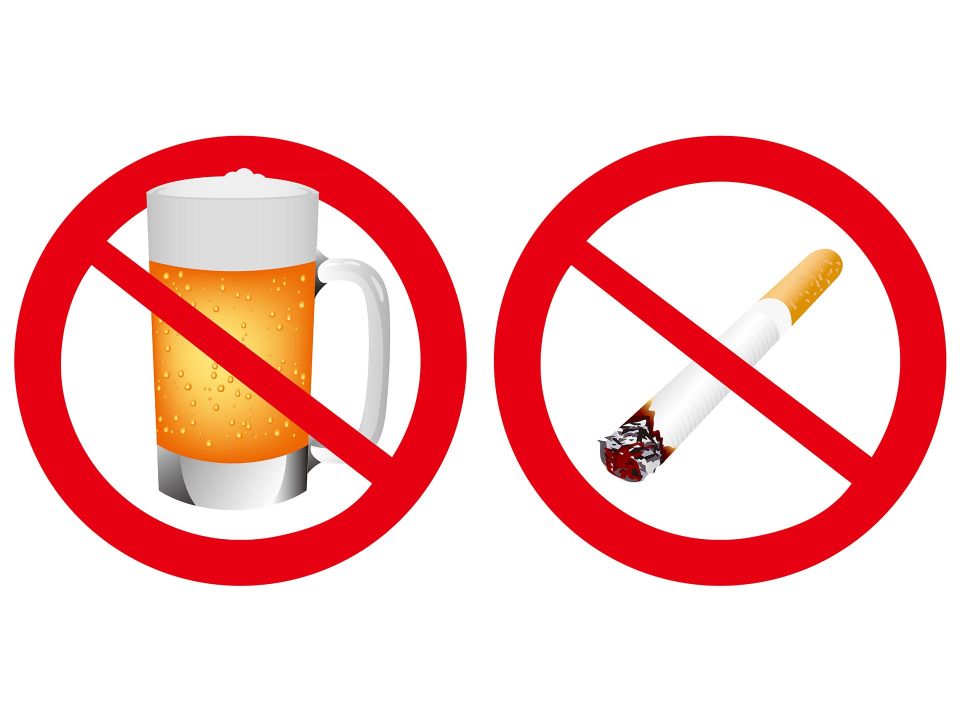
Risk factors
Modifiable Risk Factors 1. Smoking 2. Lipids 3. Hypertension 4. Diabetes 5. Obesity 6. Alcohol 7. Diet 8. Physical Inactivity Non-modifiable Risk Factors 1. Age 2. Gender 3. Family History
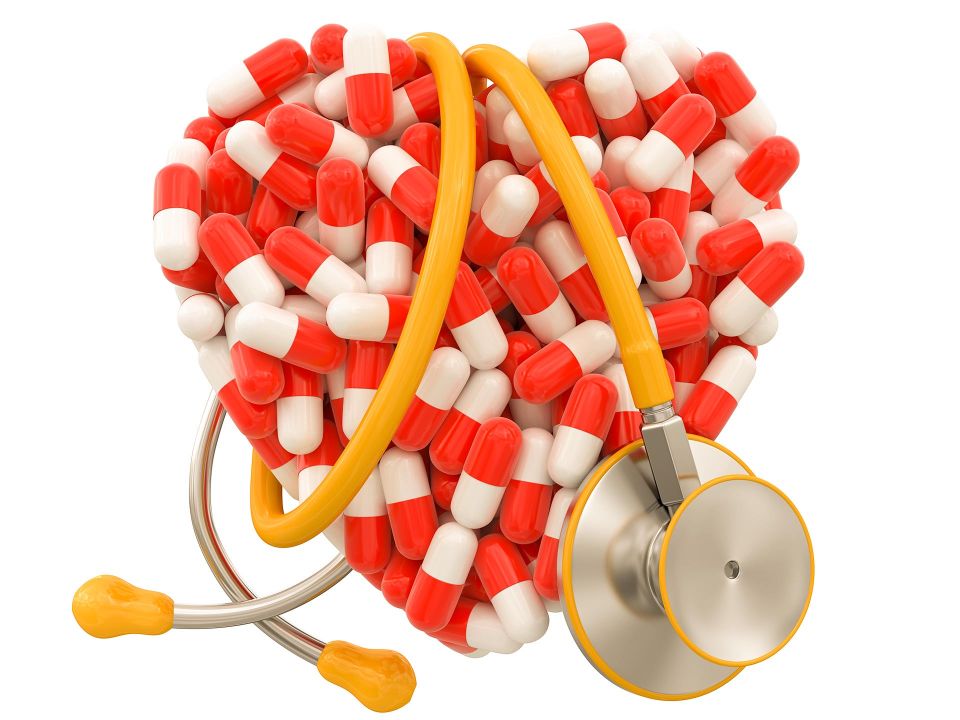
BP medications
Question: Why does one need to take blood pressure medications life-long? Answer: Hypertension is chronic and mostly an irreversible disease. Persistent BP above recommended levels have shown to increase the risk of CV disorders. Thus in order to maintain normal BP, medications need to be taken lifelong.

Best diet and exercise for heart disease patients
Question: What is the best diet and exercise for cardiac patients? Answer: Exercise- 30 min exercise for most days per week (brisk walk, jogging, cycling, swimming). Diet- total calories according to expenditure, carbohydrate with high glycemic index and high fibre foods.Maximise fruit and vegetables and minimise saturated fats. Avoid added salts.

World heart day message
Question: Your message on World Heart Day. Answer: India as a developing nation is confronted with a big challenge in the form of an epidemic of degenerative diseases including coronary artery disease. As is well said, prevention is better than cure, same holds true for CAD as these are the diseases which cannot be cured. Let us all vow to fight against CAD by modifying lifestyle and making an early diagnosis so as to avoid associated CAD mortality and morbidity.

